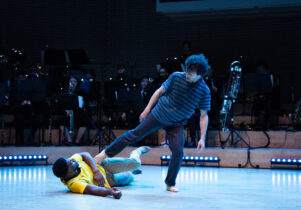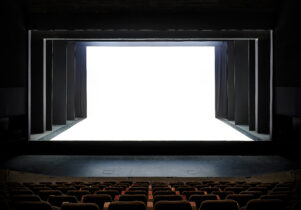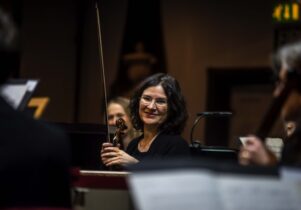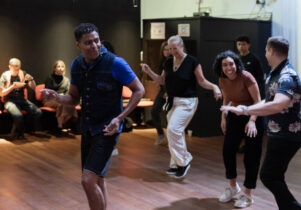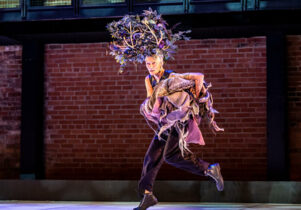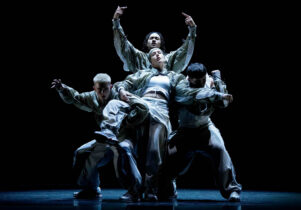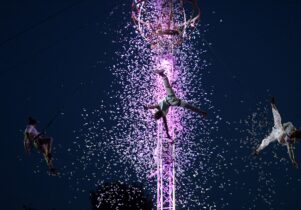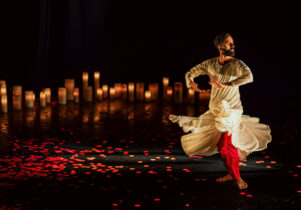RNCM Symphony Orchestra: Prokofiev’s Romeo and Juliet at the RNCM
Johnny James, Managing Editor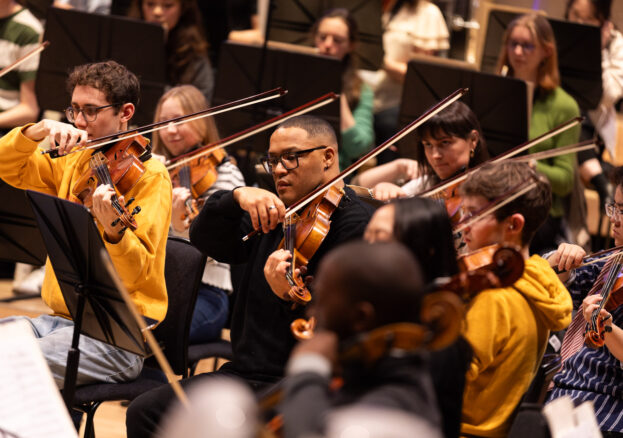
Part of the RNCM’s Dance:Music initiative, the RNCM Symphony Orchestra performs Prokofiev’s ballet, Romeo and Juliet, alongside a Beethoven masterpiece and a brand new work by a student composer.
Like many Russian composers, Prokofiev found frequent inspiration in Shakespeare, particularly his tragedies, whose fever-pitched emotions lend themselves to musical interpretation of the most exciting kind. His ballet, Romeo and Juliet, is the pinnacle of what Prokofiev achieved within this arena, capturing all the drama of Shakespeare’s tragedy in vivid detail.
But the work wasn’t without its challenges, with early productions delayed and labelled ‘undanceable.’ In response, Prokofiev crafted two suites in 1936 and 1937, with a third following in 1946. These suites allowed the score to gain widespread recognition, building anticipation for the full ballet while also acting as standalone concert works. In this performance, the iconic Montagues and Capulets, with its bold orchestral swagger, contrasts sharply with the delicate playfulness of Juliet as a Young Girl, while The Death of Tybalt explodes with percussive energy, painting the chaos of revenge.
Bringing a powerful dynamic contrast, Beethoven’s Fifth Piano Concerto AKA ‘Emperor’ came with its own challenges, composed in 1809 as Vienna endured Napoleon’s siege. Largely written while seeking refuge from the bombardment in his brother’s cellar, Beethoven nevertheless produced a concerto of remarkable innovation. From the off, the dramatic opening piano cadenza breaks convention, while the general scope and scale of the concerto is unprecedentedly grand – but it might be the beauty of the hymn-like adagio that lingers longest.
The work was written not for Beethoven himself but for a new generation of virtuosos like his student Carl Czerny. Here, it will be performed by a member of the RNCM’s own new generation of talent – Concerto Competition winner, Siya Dai. Another emerging voice will be heard at the very start of this concert, with the programme being capped off by a brand new work from a standout School of Composition student, Patrick Gorry.
Packed with passion and drama, this concert promises to be a powerful highlight of the RNCM’s Spring Season.
